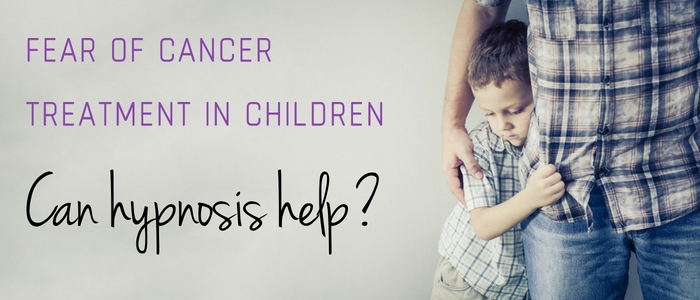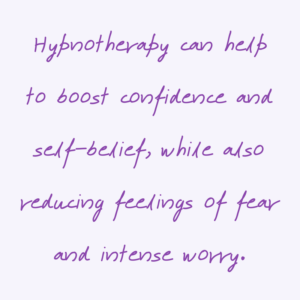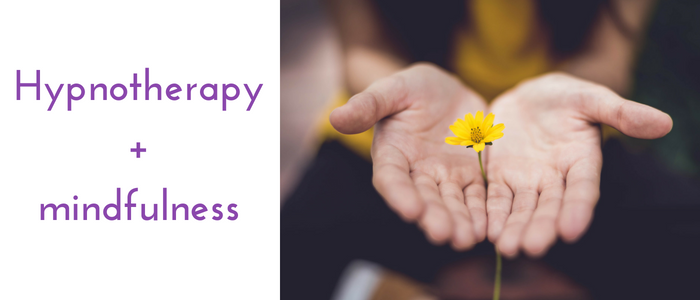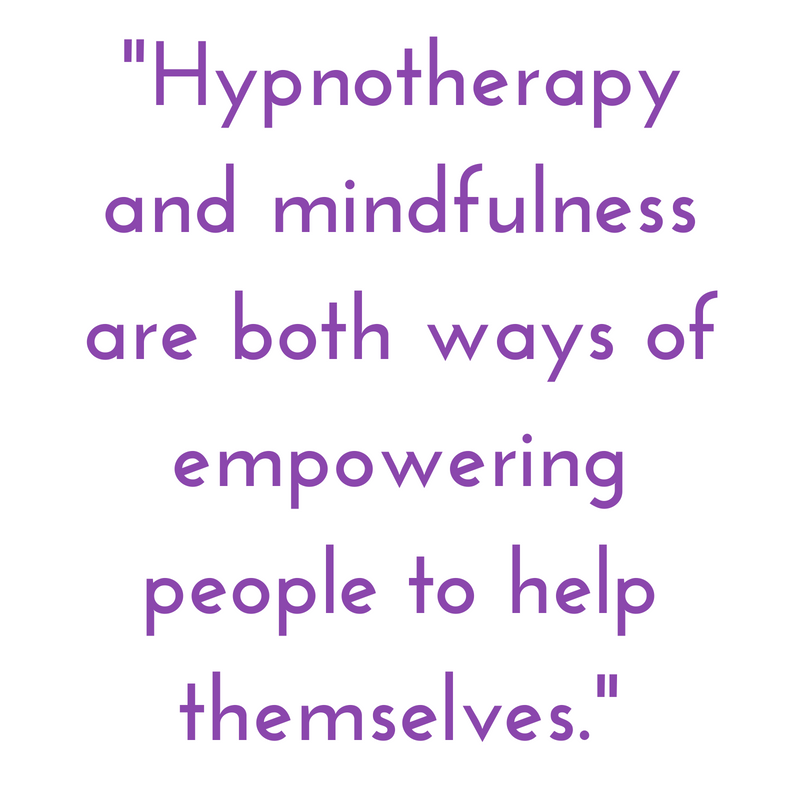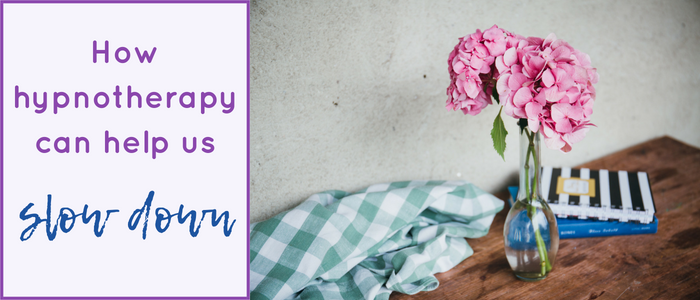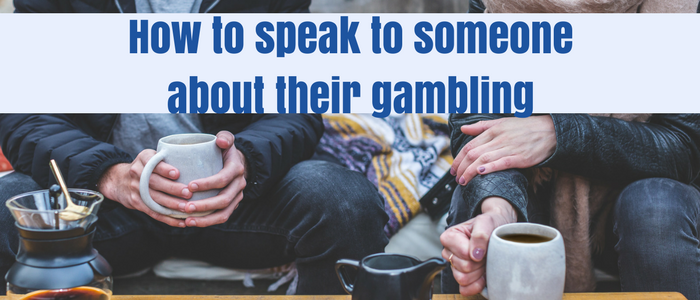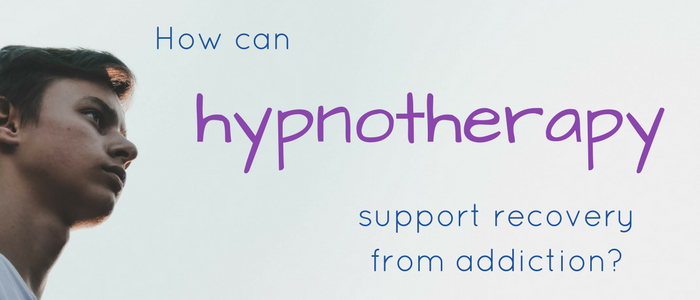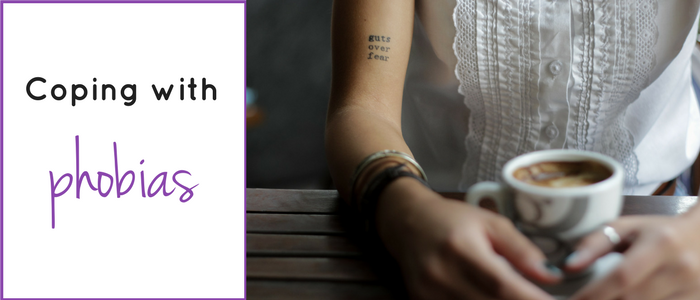
I grew up with an acute phobia of balloons, fireworks, motorbikes etc. loud noises in general that I felt my ears couldn’t cope with. Whilst most faded, the phobia of balloons has become more intense as I have grown up. The unpredictability, the smell, the delicateness; all things I actively loathed about balloons could bring on a panic attack, even someone mentioning the word could make me very uncomfortable.
At 27, my phobia is often laughed at, scoffed at and dismissed as silly, so it was time to try a new tactic with different support. Christmas in particular is a time where I am very aware of my phobia, so I decided to visit my hypnotherapist Ruth.
“The first step with all clients is trying to thoroughly understand their struggles. A positive therapeutic relationship is one of the keys to successful results and is something I quietly work hard to achieve. In this instant, the foundations were already in place. Often people are ashamed and embarrassed about having a phobia. Some go to extreme lengths, avoiding and manipulating situations to ‘manage’ their phobia. When a client comes to me asking for help, it is the first big step in a journey to an easier, more comfortable life.” Ruth Hazeldine, Dip.Hyp, HDP, MNCH
What’s the difference between phobia and fear?
A phobia is often described as an irrational, learned fear that stems beyond being afraid of something. The heightened sense of anxiety can often physically paralyse its victim and no amount of rationalisation can quell the intense feelings of anxiety, fear and often anger. For example, I am slightly scared of spiders but I am able to remove them from my house with relative ease. With my phobia of balloons, the feelings would be so strong that I physically could not enter the room.
What the phobia represents
Symbolism can be key in addressing phobias. It can be that you simply don’t like something that can evolve into a phobia, or there can be a trigger. Identifying my trigger was useful in looking for a ‘why’ in a seemingly irrational situation. In my former self, a balloon bursting was unpredictable and dangerous. If it was too close to my head, my ears would burst and the material would sting my face. It was about protection.
When my mother was pregnant with me, she lived next to a volatile neighbour who used starting pistols and fireworks in his garden on regular occasions. As surmised by my doctor, this could well have been the trigger of my phobia, I was a child picking up on my mother’s stress. Even in the womb, I recognised these noises as a signal of danger or stress. This meant that I grew up feeling the need to protect myself from balloons and their unpredictability.
Once I had identified my trigger and unpacked this with Ruth, we looked at my goal situation. She said, “I help clients to describe their goals. That might sound simple, but many people struggle to see their life without the phobia. They find it hard to verbalise being comfortable in a situation they have learned to fear.”
My goal was to coexist with a balloon without noticing it. But actually, Ruth helped me realise my goal was to enjoy a balloon.
How can hypnotherapy help a phobia?
A gentle but effective approach to treating phobias, hypnosis encourages you to transcend into a deep state of relaxation whilst experiencing feelings of comfort, happiness and safety. Once in this state, you are more susceptible to suggestion and change, so your therapist may take you through a triggering situation. Anxiety and relaxation can’t exist in the body at the same time and the aim is to experience these triggering situations with feelings of joy and safety, effectively unlearning the anxiety associations.
I practised bringing relaxation to my body in everyday life with self-hypnosis techniques and building up positive, fun experiences with balloons. Over the course of my hypnotherapy, Ruth worked with me to build up a ‘mental toolkit’ to have at my disposal when a phobia attack should arise.
The benefit of having a safe place I could conjure at my fingertips and the feelings associated with this space, ensures that if I keep practising, I will be able to enjoy the presence of a balloon and the joy it brings others.
“Hypnosis helps people face their fears while feeling totally relaxed, mentally rehearse situations whilst experiencing comfort and allow them to visualise the future they want,” Ruth explains.
In my first session, I noticed how pretty the balloon looked floating in the imagined wind. In my third session I mentioned that a balloon is similar to a bubble, they float and they burst beautifully. And after my fifth session, I bought a pack of balloons to play with.
What I managed was to step away from the learned anxiety that had built up over time and perceive a balloon how my niece saw it; as a toy or decoration. A previously completely alien concept.
Perhaps I will always notice a balloon, but I certainly won’t be crossing the road to avoid it or finding myself angry at the injustice of a child torturing me by playing with a balloon near me.

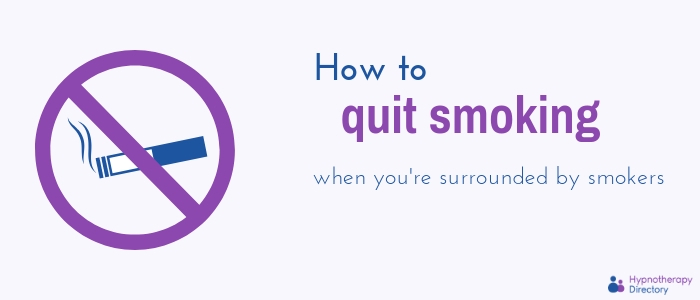



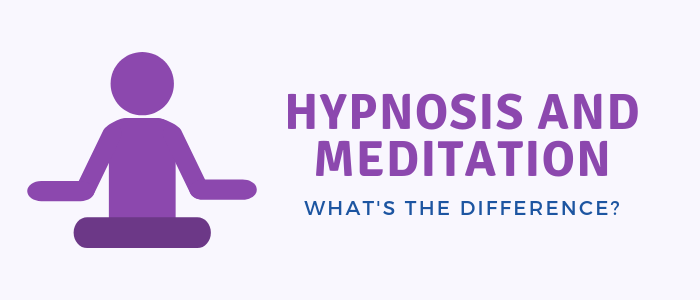





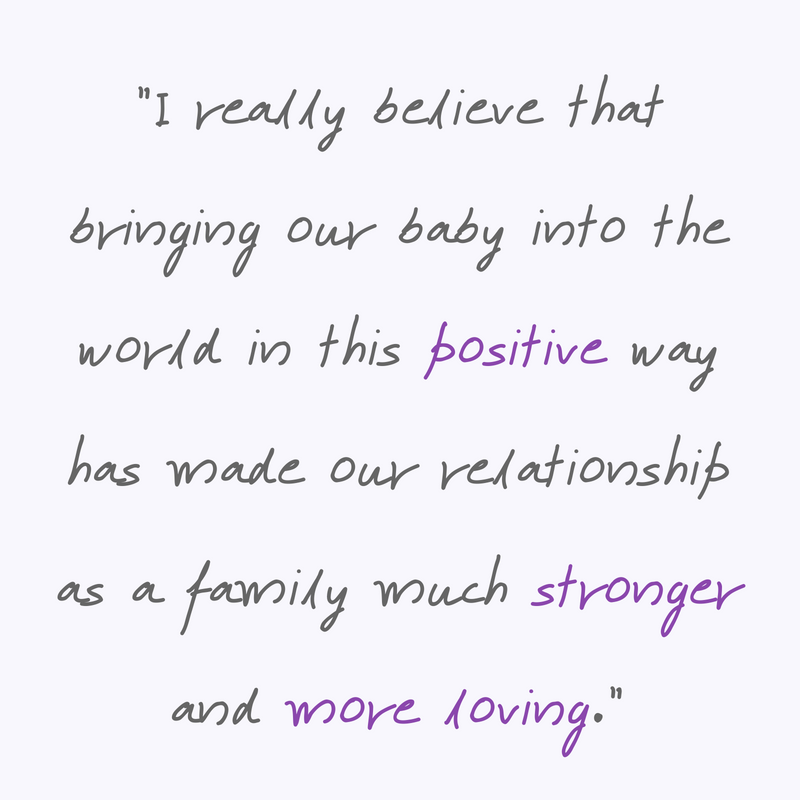 The following contractions caused my waters to immediately break and I felt the urge to push. I panicked initially, but my midwife told me to calmly follow my body’s instructions. I struggled to focus on the down breathing but followed the midwife’s advice and, an hour later, our daughter was born.
The following contractions caused my waters to immediately break and I felt the urge to push. I panicked initially, but my midwife told me to calmly follow my body’s instructions. I struggled to focus on the down breathing but followed the midwife’s advice and, an hour later, our daughter was born.
 After uncovering the root of your stress, you will agree upon a goal with your hypnotherapist. This goal could be how you would like to feel, and what you would like to do in life without
After uncovering the root of your stress, you will agree upon a goal with your hypnotherapist. This goal could be how you would like to feel, and what you would like to do in life without 
